Hi all!
We've been up at my folks' place since Sunday. We were eating dinner and I got a text from my dad that he had to call an ambulance to bring him to the hospital because he blew out his knee and couldn't put even a toe's worth of weight on his right leg. I called him and he was TERRIFIED, and absolutely convinced this was "the fall," meaning the injury an old person has in their late 70s that begins the rapid decline to death. I kept trying to tell him not to order the headstone quite yet, but he was really, really upset. By the time he got out of the ER and back home it was 11:30PM, so we all agreed Matt and I would get up to NJ on Monday (the 13th).
So, apart from snowcamming (which is now over), I have been almost entirely offline since we've been up here. I haven't read OPW or LJ; I've done maybe 10 mins max on Instagram and Twitter. I'm sorry I haven't been more responsive.
So yep, we're still up at my folks' place taking care of them since my dad blew his knee out on Sunday. Strangely, Mom seems to be doing MUCH better. I'm thinking with my Dad down for the count, Mom realizes she needs to step it up a bit, and she has! She isn't nearly as forgetful. Maybe the extra responsibility is good for her.
Since we've been here, we let my folks handle their own breakfast as a test to see how their mobility is for the day... but then we wind up handling lunch and dinner plus all chores (laundry, cleaning Mom's bedroom commode, cleaning/prepping her CPAP, meal prep and serving/cleanup, shopping, snow removal, med checks, laundry, washing the kitchen floor, cleaning the kitchen and bathrooms, etc.)
Yesterday (Thursday) I took my dad to the orthopedist to figure out what's broken on him and what the prognosis/path forward is. Diagnosis: Torn meniscus, but luckily it's not an entirely fucked meniscus. It should heal with some PT and TLC in a few weeks... he's already markedly better yesterday than he was on Monday when we arrived, but he absolutely still needs a walker, which means he can't carry anything. My mom can't carry anything either... so the small "care-related tasks" like dumping and cleaning my mom's bedside commode is impossible for either of them to do... let alone carrying food to the table. So as much as we want to get home and get our lives back, we need some kind of plan to have these small tasks handled. I cannot rely on my brother or sister-in-law, which is sometimes frustrating but understandable. My parents' neighbors have offered to help out, but cleaning a chunky pee-filled commode isn't something you ask a neighbor to do... that's a family job. (Sorry for that visual.)
Matt has been so good anxiety-wise lately... the CBD + Xanax combo has been working miracles. However, yesterday was a Very Bad Day and a reminder that he is not "cured," and a reminder he mustn't get cocky and not take his meds. Caring for my mom, caring for my dad, and caring for plus worrying about Matt yesterday made me wonder how people with kids care for several people every day of their lives with no break whatsoever. I was wiped out.
My parents have been very kind and appreciative this visit, and they keep telling me how truly grateful they are that we're up here and able/willing to help. I'm very happy to have been up here, too. In the evenings once we're done with dinner and all of our tasks are done, my dad and I (and sometimes Matt) wind down by binge-watching Nurse Jackie. I've been enjoying it. When I asked him why he chose that show as opposed to the other million things on Netflix, cable, Amazon, etc., he said, "I like Edie Falco, and I wanted to watch something without explosions for a change." My dad? Watching something without fast cars or explosions? WEIRD. :-D
Selfishly, I'm also happy to have ridden out the storm up here with my folks because Delaware got a ton of ice and apparently Arden and north Wilmington lost power for a good long while... parts of which didn't get power back until yesterday (Thursday) with crews from North Carolina helping out the local power company workers. I know our house lost power at some point (even if just for a moment) because I tried remoting into my home computer yesterday and couldn't, which tells me it turned off unceremoniously. (My computer stays off if the power gets cut.) So I have no way to know if we'll come home to a freezer full of warm, stinky food or what. (Though Joe Trainor just stopped by our house a few minutes ago to return a soprano sax we rented for the sold-out Billy Joel show we did on Saturday night down at the beach, and he was able to use the garage door OK, so the power's onbviously on now.)
Today is Friday, and I'm not sure when we're going back to DE. We really wanted to go to a concert on Saturday (tomorrow) night, and Matt has a final rehearsal on Sunday afternoon for an Able Arts skit they've asked him to be a part of for their show next week. We may just go home for the weekend and come right back up here.
It's actually been pretty OK being up here. I feel very appreciated and useful.
Anyway, I promise to be more present online when I can. I'm sorry that I can't be a better or more responsive friend now... right now I need to keep focusing on being a good daughter and a good partner.
Love you all.
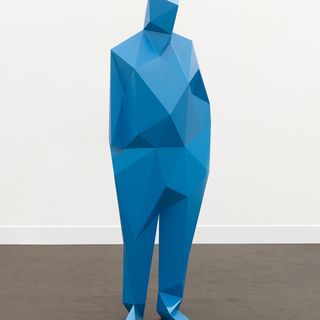 the trouble with blogging
3/23 '17
the trouble with blogging
3/23 '17
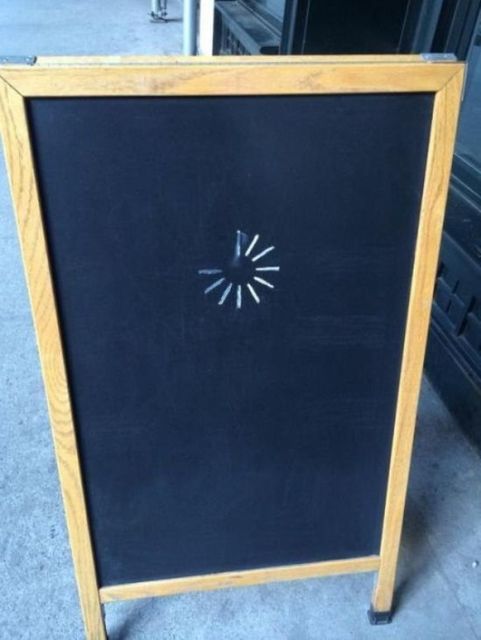
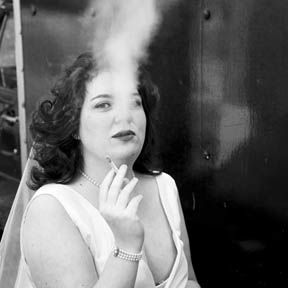
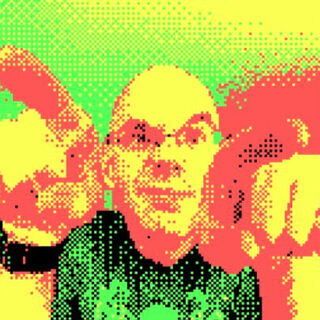
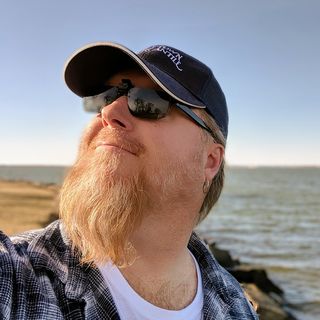
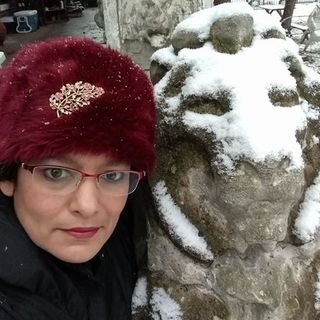

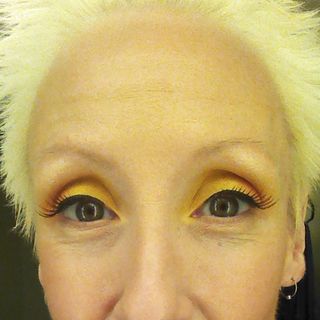
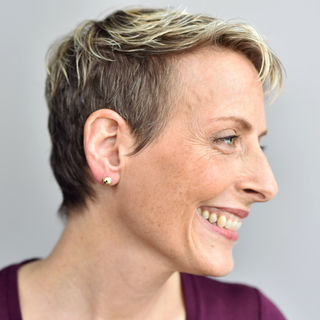


I don't deem anything worth writing down until after I've written it. I brain-barf, and some of it happens to be good.
I highly recommend it. Just spill words or hieroglyphics or spirals or whatever for 30 minutes a day until the timer goes off.
I have had the same affliction. Bought many a notebook (I have a whole ‘system’ for my daily driver’s log book that I set up with the hope that it would be more than ‘just’ that).
But with the ubiquity of digital platforms, I find digital… better. If I don’t have the notebook with me, or I’m not inspired when it IS with me…
Or what if I want to share something? I have to go find that notebook and dig it out, then thumb through it and… just… no.
I’m a bit like Lindsay. If I am not feeling inspired, but I’m reading the latest posts on OPW, I’ll try to ‘brain barf’ and see if anything comes of it. If not? I just mark it as private.
Because the thing is - I /want/ to write more. To journal more. I like getting my thoughts down. It’s similar to (but also different from) meditation.
Oh, and dictation on both iOS and Android have both improved enough that I even use that sometimes while rolling down the road if I want to get a thought down before I forget it.
So, journaling - yes. Paper - no. OPW? Perfect. (I may be a little biased, though.)
/War_and_Peace_that_you_never_requested